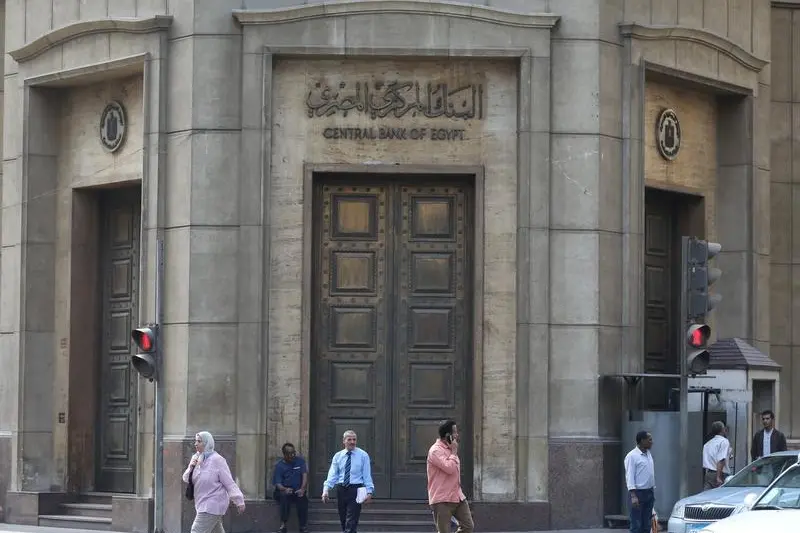PHOTO
It seems that the Egyptian market is on a date with strong changes in the map of the banks operating in it during the coming period. This may be the second wave of the re-arrangement of the Egyptian banking market, after the first wave that accompanied the first banking reform programme.
If the defaulting of some banks, the erosion of their capital, and their inconsistency with Banking Law No. 88 of 2003 were some of the reasons for the first wave of change, then the new banking law, which is currently being discussed in Parliament, along with special circumstances of some of the “parent” banks that own units in Egypt , may be the cause of the second wave of change.
The new banking law requires local banks to increase their paid-up capital to EGP 5bn, and increase foreign bank branches to $150m. It gave them a three-years deadline to settle their situation.
Enforcing current law No. 88 of 2003, which raises the minimum capital for banks to EGP 500m and $50m for foreign branches, has led to the disappearance of a large number of banks, from about 56 banks to 39 banks, which is the scenario analysts expected to see repeated especially for small banks, such as the Industrial Development Bank (IDB) and many others.
IDB
Maged Fahmy, the chairperson and managing director of the Industrial Development Bank (IDB), said in previous statements to Daily News Egypt, that the bank has a few options to comply with the new banking law and increase its capital to EGP 5bn, including offering it on the stock exchange, merging with one or more banks, offering it for acquisition, selling it to a foreign bank, or injecting a direct increase by the shareholders in the capital.






















